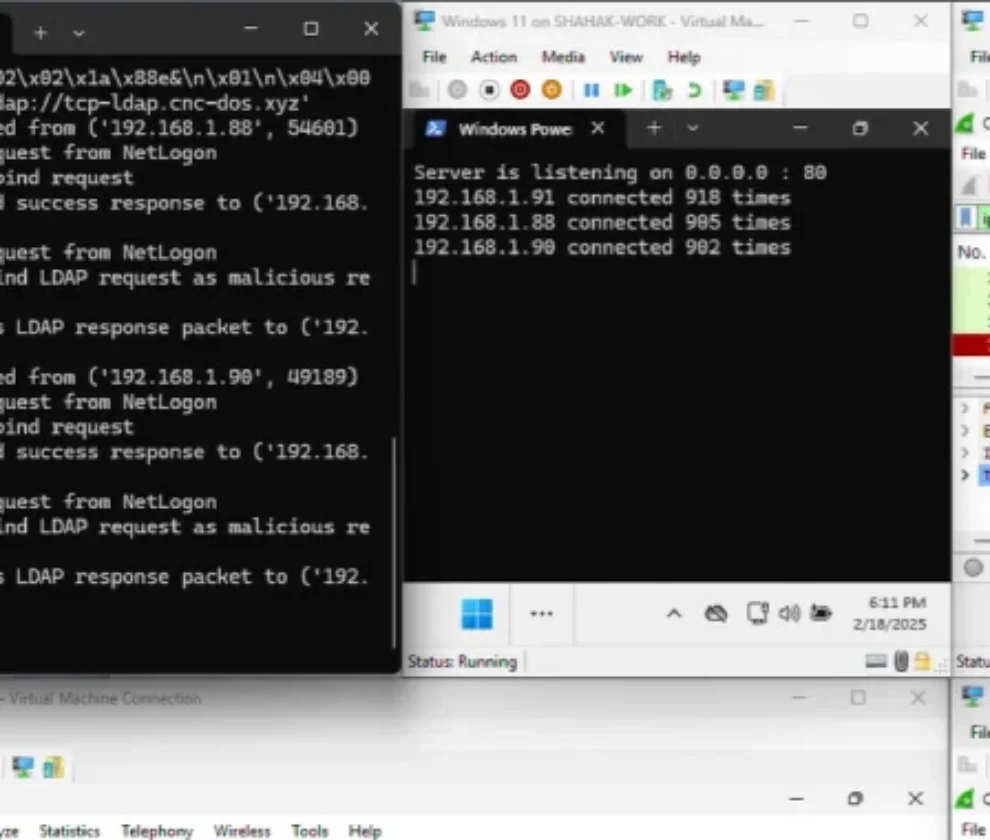The recent cyberattack targeting France’s National Assembly has shed light on the profound risks associated with data security breaches. By compromising sensitive personal information, this incident reaffirms the urgency of implementing robust measures to protect public institutions. In this article, we delve into the specifics of the attack, its repercussions, and the critical lessons that can be learned for the future.
A Strategic Target: The National Assembly
On October 20, 2025, the French National Assembly suffered a cyberattack claimed by a malicious actor. As a cornerstone of French democracy, this institution represents a high-value target for cybercriminals intent on destabilizing government operations or leveraging sensitive data for their gain.
Preliminary reports confirmed the compromise of critical data, including full names, private and professional email addresses, unique identifiers, and even political affiliations. Such a breach underscores vulnerabilities in existing security systems, illustrating the pressing need for a comprehensive reassessment of institutional security measures.
What Data Was Breached?
The scope of information harvested by cybercriminals is troubling and includes:
- ID numbers
- Full names
- Personal and professional email addresses
- Gender and political affiliations
- Details related to constituencies
Such data could easily be exploited for fraudulent activities, disinformation campaigns, or even targeted phishing attacks, heightening concerns about the potential misuse and its ripple effects.
The Consequences of Such a Breach
The implications of such an intrusion extend far beyond mere data theft. At a systemic level, it could erode public trust in the ability of key institutions to safeguard sensitive information. On an individual level, the damage could prove long-lasting and deeply personal.
Personal Consequences
Victims of the breach may experience:
- Identity theft
- Targeted phishing schemes
- Harassment or personal risk
Institutional Ramifications
For the National Assembly, the attack compromises organizational credibility, exposing vulnerabilities within its data management and protection systems. It also amplifies fears about potential exploitation of this breach for geopolitical or ideological purposes.
How the Attack Occurred: Likely Causes
Although specific details about the breach remain confidential, certain vulnerabilities have been suggested:
- Email phishing targeting administrative personnel
- Software vulnerabilities within internal systems
- Weak or insufficient authentication protocols
These points of entry emphasize the importance of proactive cybersecurity assessments and adopting state-of-the-art safeguarding measures for public bodies.
Strengthening Defenses: Preventative Solutions
How can future attacks be avoided? Here are some practical steps:
- Comprehensive Training: Train all staff members on identifying phishing attempts and other online threats.
- Regular Audits: Conduct routine security audits to identify and resolve system vulnerabilities before they can be exploited.
- Enhanced Authentication: Implement advanced multi-factor authentication to strengthen system access controls.
By enforcing these measures, organizations can significantly minimize the risks of similar breaches in the future.
Cybersecurity Regulations and Compliance
The General Data Protection Regulation (GDPR) sets strict standards for handling and protecting personal data. Non-compliance with these regulations could result in hefty fines and reputational damage. Institutions like the National Assembly must go beyond merely following these rules—they must integrate cybersecurity into every aspect of their operations to mitigate risks effectively.
Conclusion
This cyberattack serves as a stark reminder: public institutions must prioritize cybersecurity to safeguard sensitive data. To reinforce your defenses against rising cyber threats, consider collaborating with cybersecurity experts like Lynx Intel. We provide tailored solutions, from comprehensive audits to interactive training sessions, ensuring your data remains secure. Reach out today and protect your organization from potential vulnerabilities.


